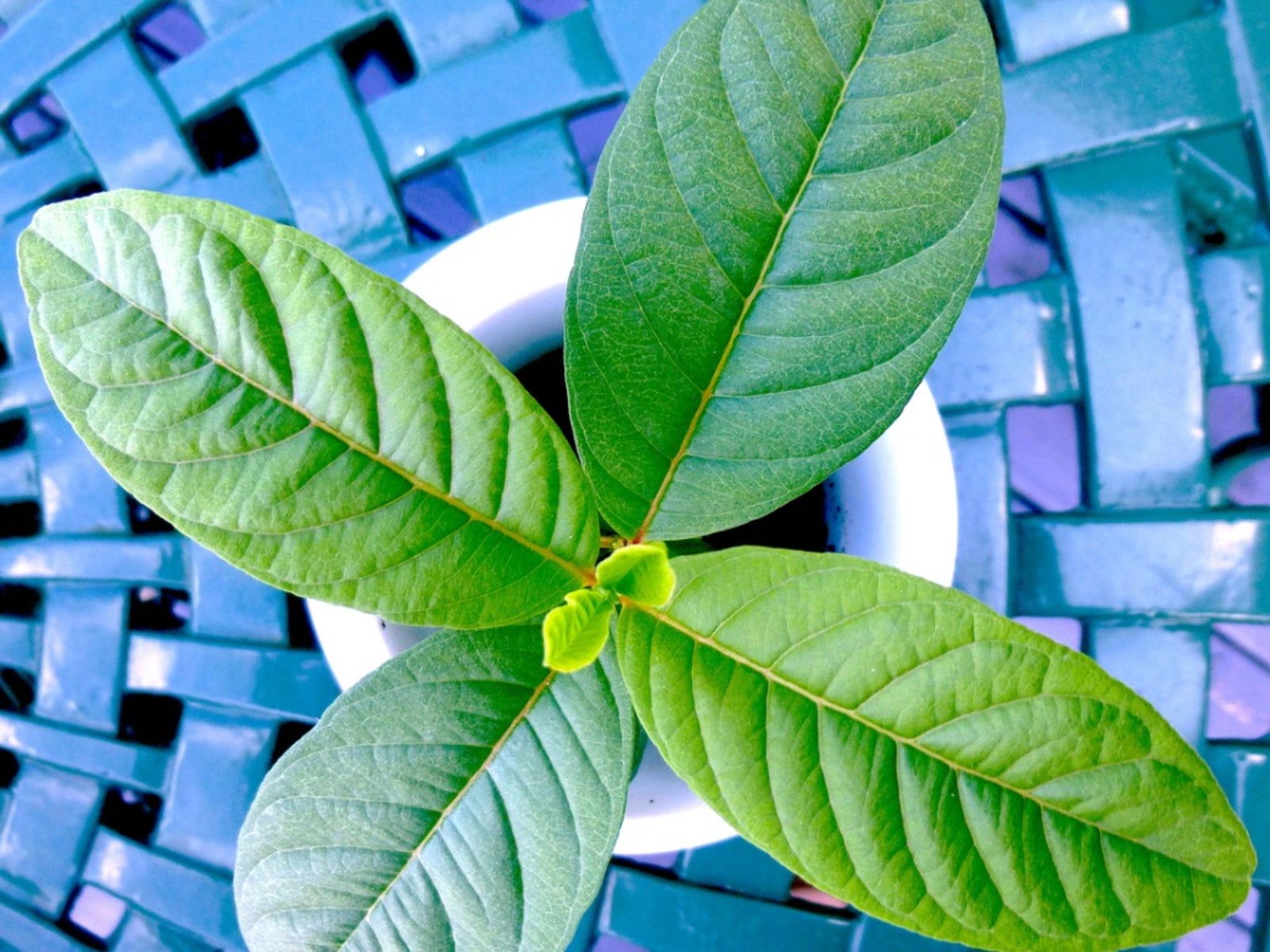How To Propagate A Guava: Learn About Guava Reproduction


Sign up for the Gardening Know How newsletter today and receive a free copy of our e-book "How to Grow Delicious Tomatoes".
You are now subscribed
Your newsletter sign-up was successful
Guava is a beautiful, warm-climate tree that produces fragrant blooms followed by sweet, juicy fruit. They are easy to grow, and propagating guava trees is surprisingly straightforward. Read on to learn how to propagate a guava tree.
About Guava Reproduction
Guava trees are most often propagated by seed or cuttings. Either method is fairly easy so choose whichever works best for you.
Guava Tree Propagation with Seeds
Planting seeds is a relatively easy way to propagate a new guava tree, but keep in mind that the trees probably won’t be true to the parent tree. However, it’s still worth a try. When it comes to propagating guava trees with seeds, the best plan is to plant fresh seeds from a ripe, juicy fruit. (Some people prefer to plant the fresh seeds directly in the garden.) If you don’t have access to a guava tree, you can purchase a guava at a grocery store. Remove the seeds from the pulp and wash them thoroughly. If you need to save the seeds for planting later, dry them thoroughly, place them in an airtight glass container, and store them in a dark, cool place. At planting time, scrape the seeds with a file or the tip of a knife to break through the hard outer coating. If the seeds aren’t fresh, soak them for two weeks or boil them for five minutes before planting. Plant the seeds in a tray or pot filled with fresh potting mix. Cover the pot with plastic, then place it on a heat mat set at 75 to 85 degrees F. (24-29 C.). Water lightly as needed to keep the potting mix slightly moist. Guava seeds generally take two to eight weeks to germinate. Transplant the seedlings to pots when they have two to four sets of leaves, then move them outdoors the following spring.
How to Propagate a Guava by Cuttings
Cut 4 to 6 inch (10-15 cm.) softwood cuttings from a healthy guava tree. The cuttings should be flexible and shouldn’t snap when bent. Remove all but the top two leaves. Dip the bottom of the cuttings in rooting hormone and plant them in moist potting mix. A 1 gallon (4 L.) container will hold four cuttings. Cover the container with clear plastic. If necessary, use sticks or plastic straws to hold the plastic above the leaves. Alternatively, cut a plastic soda bottle or milk jug in half and place it over the pot. Place the container in a sunny location where temperatures are consistently around 75 to 85 degrees F. (24-29 C.) day and night. If necessary, use a heat mat to keep the potting mix warm. Watch for new growth to appear in two to three weeks, which indicates the cuttings have rooted. Remove the plastic at this point. Water gently as needed to keep the potting soil slightly moist. Transplant the rooted cuttings into a larger container. Place them in a warm room or a sheltered outdoor location until the tree is mature enough to survive on its own. Note: Young guava trees lack a tap root and may need to be staked or supported to keep them safely upright until they are well established.
Sign up for the Gardening Know How newsletter today and receive a free copy of our e-book "How to Grow Delicious Tomatoes".

A Credentialed Garden Writer, Mary H. Dyer was with Gardening Know How in the very beginning, publishing articles as early as 2007.